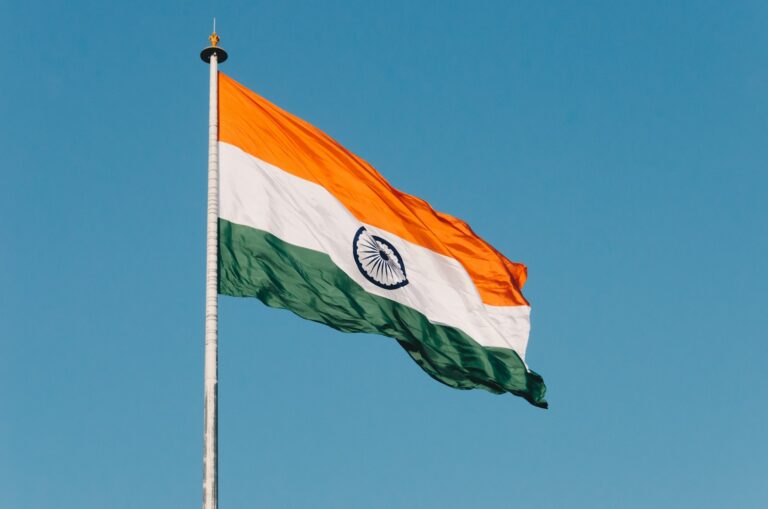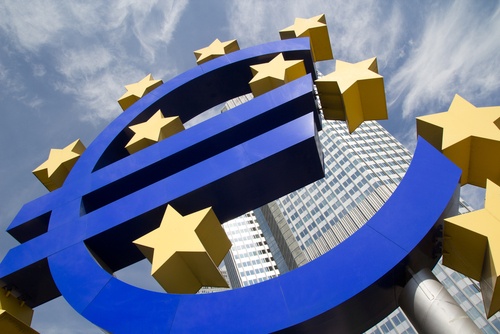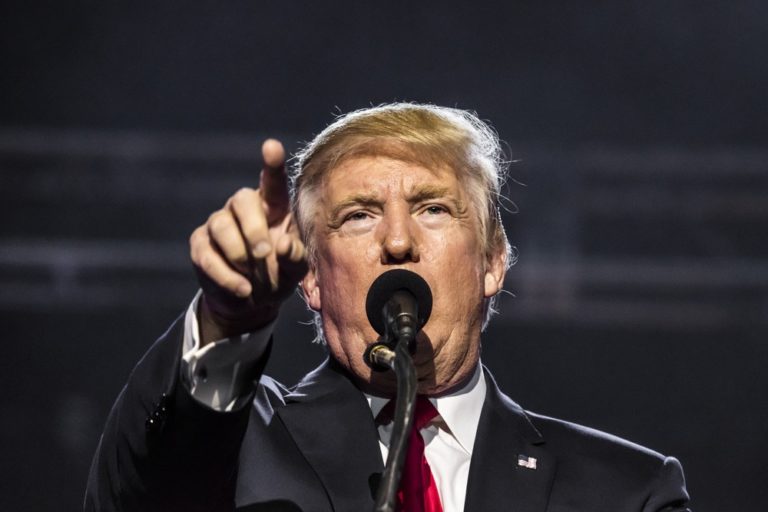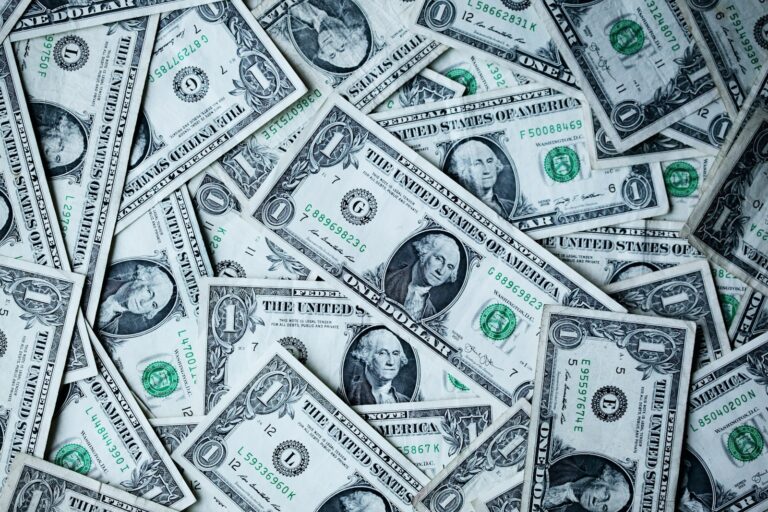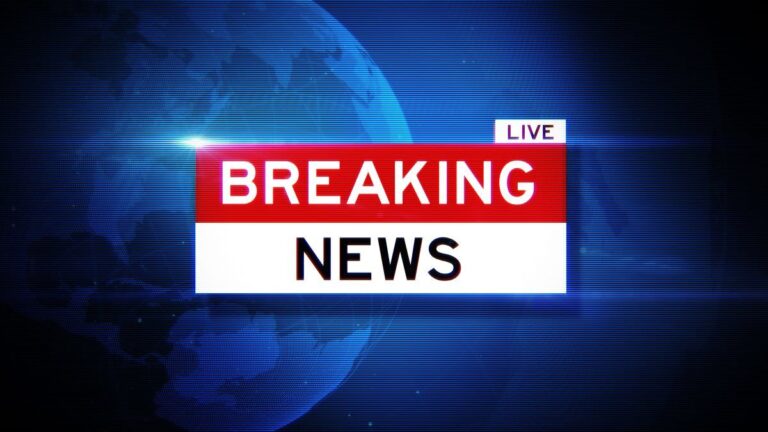Key Takeaways:
– Ukraine celebrates three years of fighting against Russia.
– European leaders show support with a visit to Kyiv.
– Concerns rise about Trump’s impact on Western aid.
– New EU sanctions target Russia’s shadow operations.
– Zelensky seeks security guarantees to prevent future attacks.
A Nation’s Fight for Freedom
Three years ago, Russia invaded Ukraine, sparking a war that has changed Europe forever. On Monday, Ukrainian President Volodymyr Zelensky praised his country’s bravery. “Three years of resistance. Three years of gratitude. Three years of absolute heroism of Ukrainians,” he said. Zelensky also thanked everyone who has supported Ukraine during this tough time.
The war has caused massive destruction. Tens of thousands of soldiers and civilians have died. Cities in eastern and southern Ukraine lie in ruins. Millions of people have fled their homes, seeking safety elsewhere. Despite these challenges, Ukraine has received strong support from the West. However, recent changes in U.S. politics have raised concerns about the future of this support.
European Leaders Stand with Ukraine
On Monday, several European leaders visited Kyiv to show their support. Ursula von der Leyen, head of the EU Commission, arrived by train. She said, “Ukraine is Europe. This fight for survival is about Europe’s destiny too.” Other leaders from Canada, Denmark, Estonia, Finland, Iceland, Latvia, Lithuania, Norway, Spain, and Sweden also joined in solidarity.
Their visit marked a significant moment in the war. Zelensky called it a potential “turning point.” He hopes to gain security guarantees from Ukraine’s allies. These guarantees would ensure that Russia cannot use a ceasefire to regroup and attack again later.
New Sanctions Against Russia
The EU introduced fresh sanctions on Monday, targeting Russia’s shadow operations. These include illegal oil shipments, drone technology, banks that bypass sanctions, and propaganda outlets. EU diplomat Kaja Kallas explained, “We are hitting those who help Russia’s unsafe activities.”
The sanctions are a clear message of support for Ukraine and a strong stance against Russia’s actions.
Trump’s Impact on the War
The return of Donald Trump to the White House has caused worried whispers in Kyiv and across Europe. Trump has restarted talks with Moscow, which has emboldened Russia. He has also questioned long-term U.S. support for Ukraine, raising fears about the future of military and financial aid.
Trump’s actions have weakened the Western alliance. European leaders are scrambling to respond, as decades of security cooperation are being tested.
A Message to Trump
French President Emmanuel Macron is set to meet Trump in Washington. Macron has a clear message: “You cannot be weak in the face of President Putin.” He plans to stress the importance of standing firm against Russia.
Meanwhile, Ukrainian soldiers on the front lines are anxious about Trump’s push for a quick ceasefire. They fear it could lead to more bloodshed. “The bloodiest moments always come before a truce,” said Andrii, a 25-year-old Ukrainian soldier.
The Battlefield Today
Russian troops continue to advance in eastern Ukraine. On Monday, Ukraine claimed it had attacked a Russian oil refinery near Moscow using drones. Such attacks show Ukraine’s determination to fight back.
Despite the challenges, Ukrainian forces remain committed. “I don’t want to give up Ukrainian lands,” said Mykola, a 38-year-old gun commander. “We’ve been fighting for so long.”
What’s Next?
Zelensky has proposed an extraordinary idea to secure NATO membership for Ukraine—even offering to resign. However, Russia firmly opposes this. The Kremlin insists it will not give up the territory it has seized.
As the war drags on, Zelensky hopes for a turning point. He believes the visit of European leaders is a step in the right direction. But with shifting political winds in the West, the road ahead remains uncertain.
Ukraine’s fight for survival continues, and the world watches closely, hoping for a peaceful resolution.




